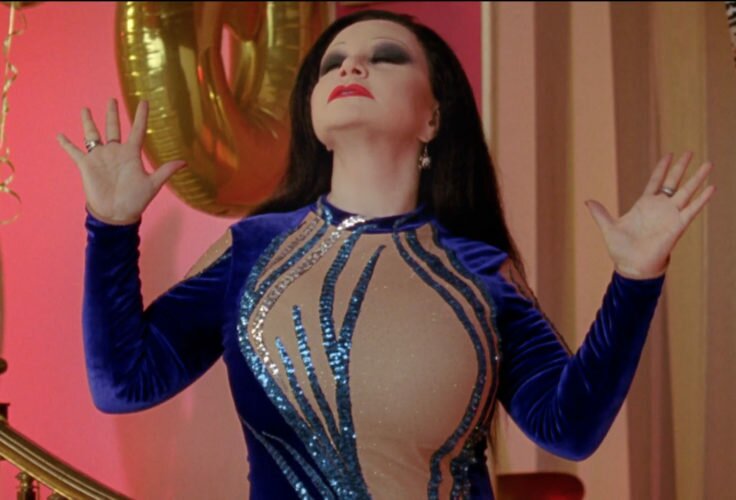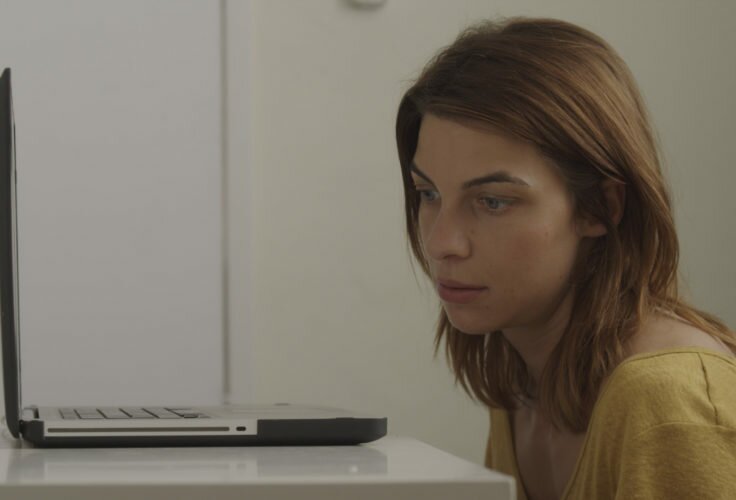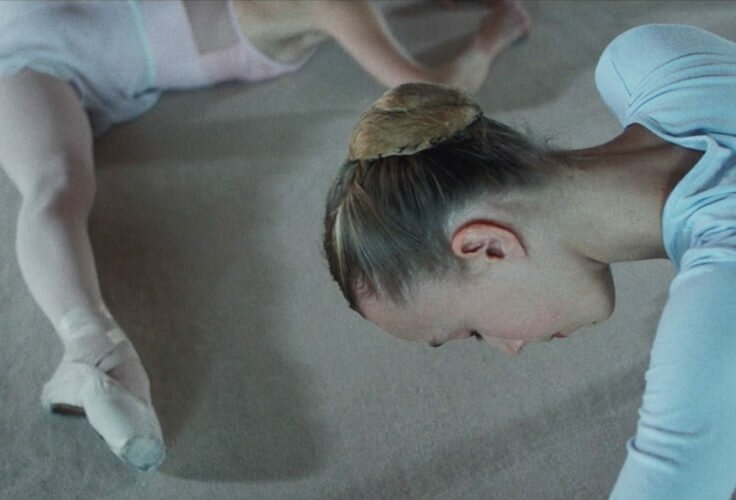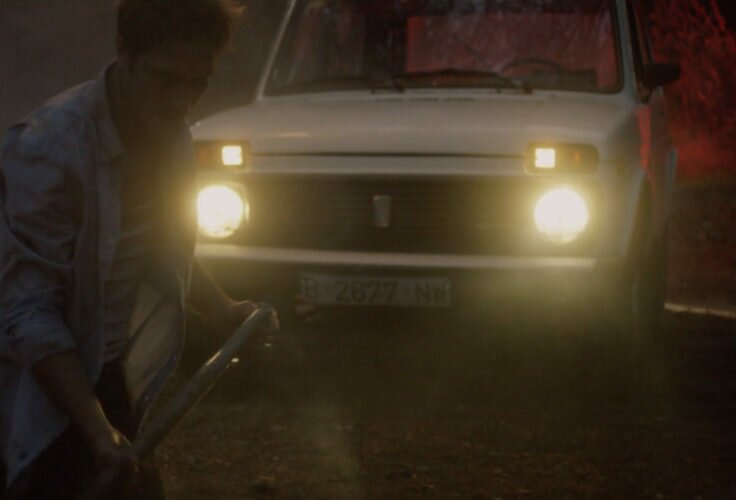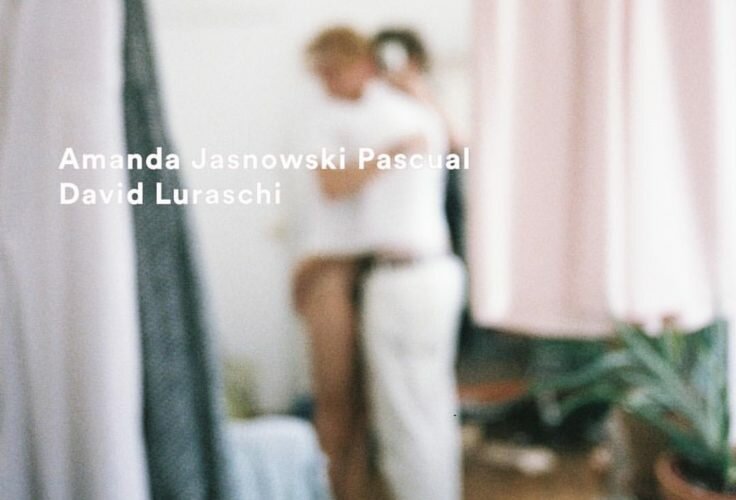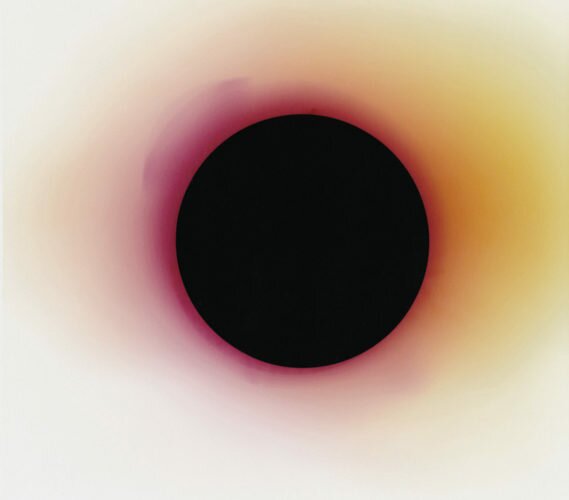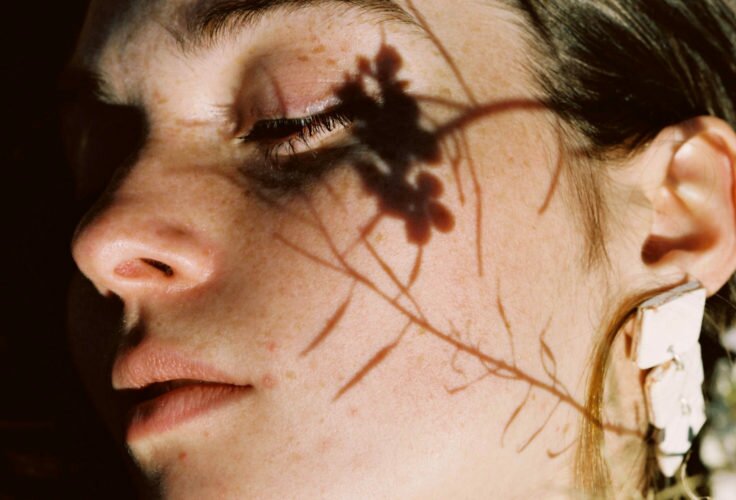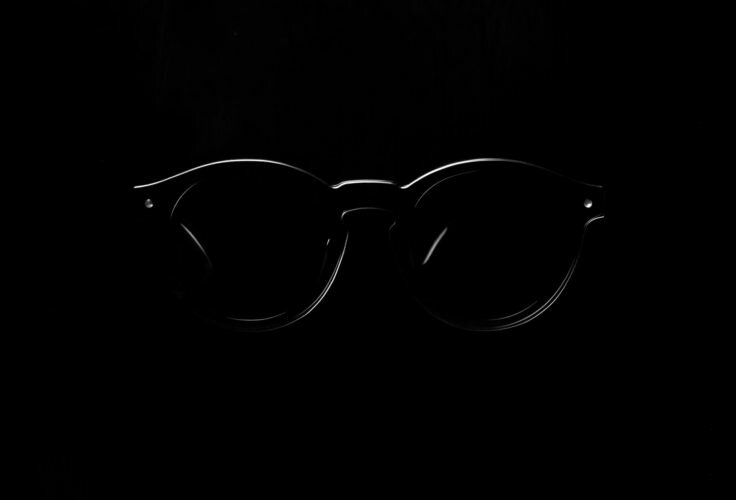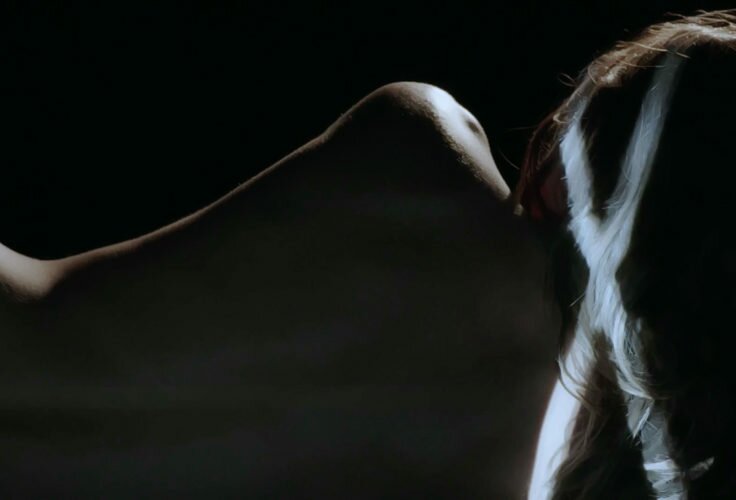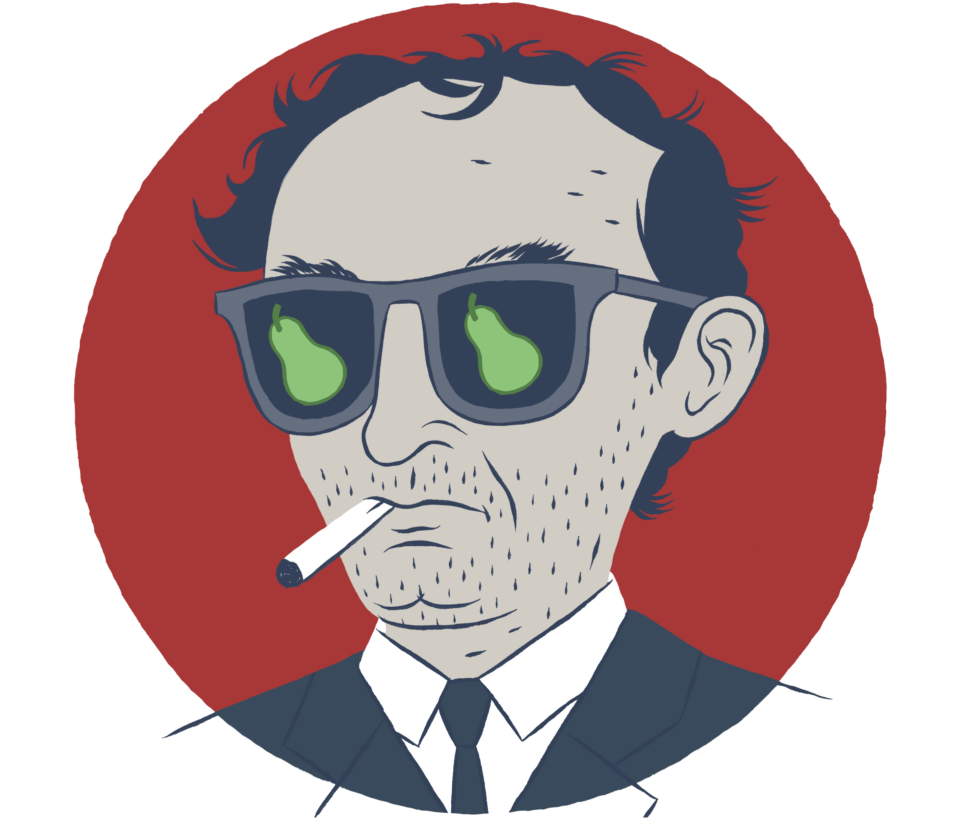Rubén Lardín keeps on writing letters to unexpected addressees, in this case Rocco Siffredi. The illustration, as usual, is by Paco Alcázar.
FALSE FRIENDS
1. JEAN-LUC GODARD
BY RUBÉN LARDÍN
A false friend means being betrayed by vocabulary. Writing open letters to unknown characters might be a reckless thing.
In this section, Rubén Lardín sends an unasked for weekly missive to the stormy electrodynamical sea.
Jean-Luc! I was going to start with Michel Piccoli but I realised I have no words for him; his career overwhelms me, I consider him the best actor in the world and I sense he might be one of the best persons on the face of the Earth. At least, that’s what he transmits. I imagine Piccoli sweetly tired, whereas you, on the contrary, are still like a young boy, you always were, or always pretended to be, both due to your joy and curiosity as to your tantrums. That’s why I dare addressing you although I’m still quite unsure what I’m going to tell you. Do you know what conference pears are, Jean-Luc? I’m just back from the grocer’s and I was thinking that while those terms exist, we will never be able to get rid of language, that battle you have fought with yourself all these years. Never, it’s impossible.
I’ve got to confess that I only know part of your filmography; I haven’t seen all of your films because I preferred watching some of them several times. Do you think there’s anybody who isn’t a relative of yours who’s watched all of your films? The last time I went to the premiere of one of them (I can’t remember the title), I left the cinema halfway through. The raw political mess unsettled me. You have to acknowledge that sometimes when trying to be understood you have become obscure, one could almost hear you thinking. You wanted to shoot thought, and sometimes you’ve thought so much about the whole thing, that there’s where I think thinking becomes blocked and dies in our hands. You don’t need to apologise, though, you’re free, and sometimes brilliant, to do as you wish; it’s me who’s being rude in this our hypersensitive times.
Today, thought is a precious good and a first-rate danger, Jean-Luc, it’s rarely seen. Law-abiding citizens lock the flow of their thoughts so scary ideas, such as sleeping with one’s mother or the recurrence of going down on their own selves, don’t flood them. You’ve done the latter a few times, admit it; you have carried it through and it’s been applauded, it’s the kind of autonomy that critics love, and you have known quite well how to butter critics up, you’ve made them believe they were your equals by criticising reality through your films. Well… The critic is a man who’s spent most of his time in the dark, who knows not much about life, although you might argue the opposite with your idea that the cinema room is a strange and forbidden world, a way of entering the freedom of the night at any time of the day. But today people don’t go to the cinema, Jean-Luc, you must have heard about it, you were always aware of everything. Today cinemas are out of the way, and people prefer not to take any detours, they prefer to grab their devices all the way through and watch films in them; that’s what they hold on to. I’ll let you be the judge of that, since you’re my senior.
I once heard you tell Woody Allen that TV affected your creative potential in a terrible way; it poisoned you like radioactivity with its stupid speed. News reports, have you ever watched them? They open like milk overflowing from a pot; listen to that music! Always so punctual to believe themselves rigorous… The fucking news! You always knew that TV was a broadcasting medium but not a medium of expression, culture killing art. I understand that its influence might have been terrible for the kind of films you wanted to make, films capable of a precedent truth, decisive all along. Deep down I think that all of your films, both the ones I like and the ones I don’t like so much, are part of the same, and all of them are the first one. In this I’m sure we’ll agree because you’ve always wanted to dilute life in your films.
I read somewhere that a poet isn’t so much an author as the place in which a phenomenon takes place. The definition is very precise, but I don’t know whether you’ll find it interesting because you always wanted to be yourself, an authorised theoretician of the revolution, although with time your films and those of your revolutionary colleagues, and I say this with all my admiration and gratitude towards your oeuvre, have been reduced to a mere tasting of romance, of flirting around girls. It’s very frequent in your profession to include one’s wife in personal projects, a transfer manoeuvre to define oneself in another’s desire. You gave us your women, you said loud and clear that without women there would be no films, and now several generations are mad about Anna Karina, a canonization I don’t quite understand but which somehow talks to me about your triumph, it tells me about the guru you are.
I think it was her whom, in one of your films, asked herself why truth and lies have the same aspect, why they’re so difficult to distinguish when they’re opposites. Telling the truth non-stop was your creed, but this isn’t completely believable because no image is innocent, Jean-Luc, you might have said this yourself at some point, in fact. We won’t argue whether you’re a poet or a scientist. I also made up most of my girlfriends in the same way I go about making myself up.
A moment ago, coming here with my pears, coming to the Internet with the idea of writing you a letter in mind, I saw a motorbike lying on the floor, on a crossroad. There was disorder, the machine was disturbing traffic and I first asked myself about the tragedy and right after about the story. I looked for traces of glass or rubber on the asphalt, but there were no signs of any accident; there was no ambulance coming and no one was waiting for one; no one seemed alarmed, and so, without stopping, I decided I was witnessing a misunderstanding. You’ve made lots of films about that, you have omitted the story and have only dwelled on the misunderstanding.
Jean-Luc, impressionist director! You have sometimes practised the kind of film that impresses impressionable people, that has happened too, but most of all you have made films that signed a pact and compromise with your own self. Somehow, you’ve been an aerator, which is a term I learned yesterday when the tap in my kitchen broke down. Pardon these prosaic references, but they tell me where I am, without them I’d feel stupid, a person writing. I say you come from a good family, so I don’t think you’ve ever replaced a tap, although I read you worked at a dam, but let me tell you: what an aerator does is giving air to the water flow, it gives the stream some grace and volume without reducing its discourse, it atomises it to explain it better, let’s say. You’ve done the same at some point, when you were a representative of art cinema, the kind of films people watched for the opposite reason: for the naked bodies on them. In that sense you were very good at distinguishing films made from the waist up and those made from the waist down, saying that the first ones are pornographic in the negative sense, intellectually dishonest. I think it’s always relevant to remember this reflection.
I also think that violence can explain us better than any story. I’m talking about aesthetics, about some kind of exaltation. When more than forty years ago David Morrell wrote First Blood, the novel that was turned into a film of the same name and which made the character of Rambo worldly famous, some critic, making a reference to the physical intensity displayed on its pages, described it as meatography. That’s what it is. You know what I’m talking about; you’ve always loved comic books and rock’n’roll. A while ago people started saying about certain films that they were very cartoonish, but they didn’t have a clue what they were on about, they didn’t get any of the things you tried to teach them with your films, and now it’s too late. On this day and age, communication is more difficult than ever, the monster has become huge and communication is impossible, all the answers are pre-set, but well, you have to be careful, that’s what you accused your friends of and then they all left you behind. First Truffaut, then Chabrol, Rivette left you four days ago… Of all of them you said that they had stagnated, that their films were crap; I think you were far too hard on them.
When Rohmer died, I remember the clock in my office stopping and an orchid I had been given drying out. It had only bloomed once, but was intact for two years. It helped me to never give up hope. With orchids it always seems it will be another first time. The thing is that right then I felt those petty signs as reality asking me for practical intelligence. Today I’m no longer sure. One day I read another very important thing, in a book from the library; I’m not sure I’m going to be able to quote it exactly, so I’m not even going to use quotation marks: if we look at ourselves on a photograph, are we looking at fiction?
My blood is boiling and I’m at that age in which you think you’ve understood everything, Jean-Luc. It has nothing to do with our previous arrogance. All of a sudden you understand it all so well that you end up understanding that you’ve never understood anything, and the little you had actually understood you have forgotten. How far back from us are the avant-garde movements, my dear Mister Godard? That’s more or less what I wanted to ask you.


